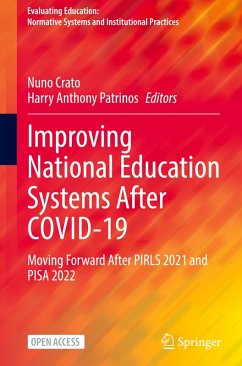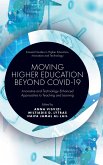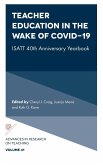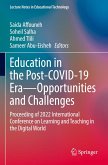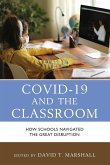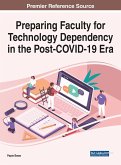This open access book compares and analyses the results in twelve countries of the two latest international student assessments: Progress in International Reading Literacy Study 2021 (PIRLS) and the Programme for International Student Assessment 2022 (PISA) and tries to disentangle the effects of the pandemic from the long term trends in education.
It is one of the first, or maybe the first, published volumes to provide a global assessment of the devastating impact of the COVID-19 pandemic on student learning as measured by independent international comparative surveys.
The 12 countries discussed in this volume represent a wide variety of educational systems - including Chile, Ecuador, England, Estonia, Italy, the Netherlands, Poland, Portugal, South Africa, Spain, and the United States. It compiles diverse scenarios including countries that are high performers; countries that perform at the OECD mean; and countries that are struggling to attain the OECD average. Each country has its history that reflects efforts to cope with pandemic school closures and to improve educational achievement.
A major topic discussed in this edited volume is related to understanding the diverse circumstances for the variations in results within different countries: Why did learning loss in specific locations? How much learning was lost? Why is a country continuously declining? Why is another country constantly improving? Why is there higher or less levels of inequality? How is a country regularly improving with an outdated curriculum? Which policies have worked, and which ones have not? What can we do now? This book is a valuable contribution to answer these concerns based on a diverse sample of countries and research questions.
It is one of the first, or maybe the first, published volumes to provide a global assessment of the devastating impact of the COVID-19 pandemic on student learning as measured by independent international comparative surveys.
The 12 countries discussed in this volume represent a wide variety of educational systems - including Chile, Ecuador, England, Estonia, Italy, the Netherlands, Poland, Portugal, South Africa, Spain, and the United States. It compiles diverse scenarios including countries that are high performers; countries that perform at the OECD mean; and countries that are struggling to attain the OECD average. Each country has its history that reflects efforts to cope with pandemic school closures and to improve educational achievement.
A major topic discussed in this edited volume is related to understanding the diverse circumstances for the variations in results within different countries: Why did learning loss in specific locations? How much learning was lost? Why is a country continuously declining? Why is another country constantly improving? Why is there higher or less levels of inequality? How is a country regularly improving with an outdated curriculum? Which policies have worked, and which ones have not? What can we do now? This book is a valuable contribution to answer these concerns based on a diverse sample of countries and research questions.

